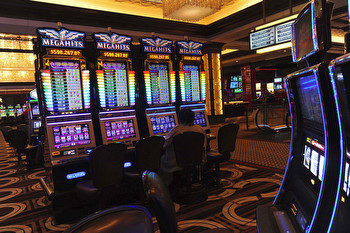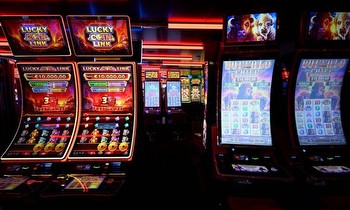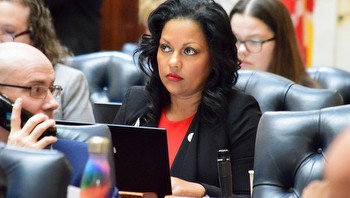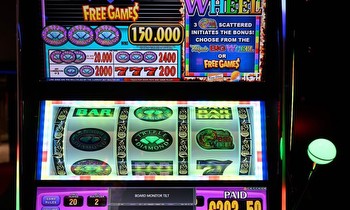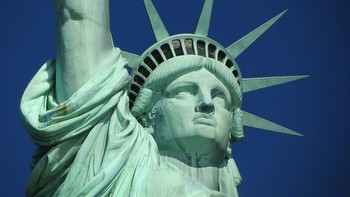Maryland Legislators Considering Two Online Gaming Bills
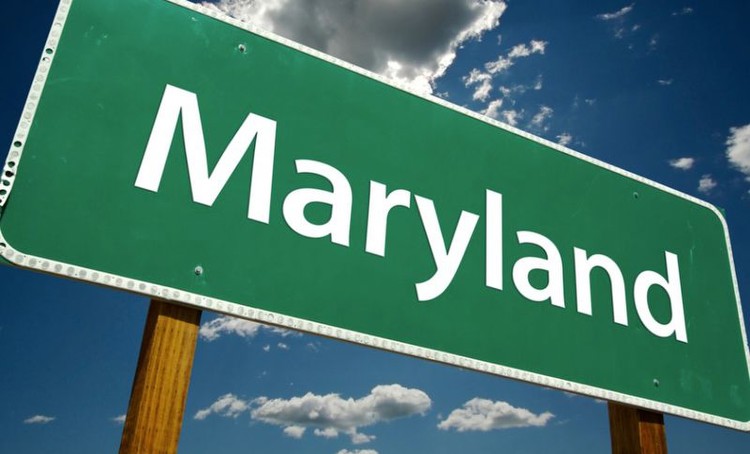
Maryland is currently one of the more promising states for online gaming legalization, including poker. Online sports betting launched in November 2022, but legislators recently introduced two bills that would add other forms of online gaming.
In two hearings earlier this week, legislators were presented with the specifics of each bill and revenue projections, as well as the views of supporters and opponents.
Details On The Plans
The two bills, one in the house and one in the senate, feature higher tax rates than found in many other states. One bill features a 47% tax rate while the second taxes at 55%. Live streamed games, such as blackjack with a real dealer but played online, would be taxed at 20%. Funds would help fund education and problem gambling programs.
More states are looking at iGaming to help offset budget issues. Maryland was expecting a shortfall of $1.1 billion going into this year’s budgeting process, according to recent reports.
Legislators considered a similar bill last year, but instead chose to study the issue. The Innovation Group conducted a report for the Maryland Lottery and Gaming Control Agency, and predicted that the industry could produce more than $300 million in state revenue by 2029.
Bill sponsor Vanessa E. Atterbeary (D) said that approval of the bill makes sense “to regulate iGaming and capture that revenue.”
Opposing Views
Casino industry insiders spoke to the House Ways and Means Committee about iGaming’s potential as well as the opportunity to bring those already engaging in offshore online gambling into a legal market.
They also sought to dispel concerns by casino employees that online gaming would “cannibalize” revenue at live casinos. One recent study actually points to rising revenues for casino companies when iGaming is legalized.
“This is complementary to what we offer at a brick-and-mortar casino,” MGM Resorts executive Rick Limardo said. “Somebody behind their computer cannot get the experience that they get (at) one of our properties. He added that online gaming could “create meaningful tax revenue and modernize the state’s gaming industry.”
A representative of Horseshoe Casino agreed and doubted there would be any job losses at live casinos because of legalization. However, Mark Stewart, executive vice president and general counsel of the gaming and hospitality firm The Cordish Cos., expressed his company’s opposition to the plans. Cordish operates Live! Casino, but doesn’t believe it’s the right time for legalization.
“Many of those pushing the state to do iGaming are looking to make money off of it,” Stewart said. “There’s nothing wrong with that, it’s capitalism. If iGaming passes, we’re a gaming company, we’ll do well financially. But despite our potential financial gain, we are asking you not to do iGaming, and that should speak volumes.”










